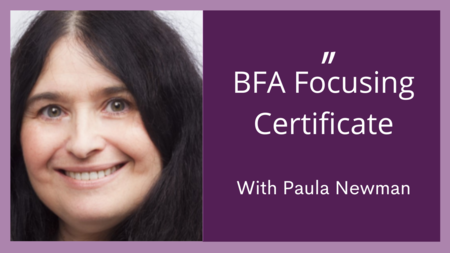
Neurodiversity
For many years I struggled to understand why basic coordination tasks, like riding a bike and writing, were so challenging.
One day whilst browsing in a library, I came across a chapter on dyspraxia and realised that I was reading about myself.
Neurodiversity Affirming
As a child I found that certain things came to me easily. I enjoyed being full of ideas whilst dreading school sports.
Most people are neurotypical, and life is generally designed in ways that allow them to make the most of their abilities. For neurodivergent people, whose brains function and process information differently it can be difficult to fit in and to reach one's true potential. I view differences in brain function as natural variations, rather than disabilities.
As your counsellor I offer an affirming space. I hope that you will feel encouraged to recognise your strengths and empowered to live life on your own terms.
Counselling
I am here to accompany and support you. Many people gain greater understanding of themselves, deeper appreciation for their individuality and recognition of their intrinsic abilities and strengths.
My Person-Centred counselling approach is non-directive. This means that we move at your pace, attending to issues that are important to you. Below are some of the areas that neurodivergent clients chose to work with.
Exploring past and present experiences and how they have impacted you.
Looking at self- identity and developing self-acceptance.
Loneliness. Examples are feeling misunderstood and finding it difficult to meet people with whom you naturally connect.
Being aware of when you are masking and what lies behind hiding your real self. Considering whether masking serves you well. Allowing yourself to unmask in safe situations. Noticing how being your true self feels.
Recognising, using, and celebrating your strengths and abilities.
Awareness of how you are affected by sensory issues and anything that can make living with them easier.
Preventing overwhelm and meltdowns. Noticing what helps you to calm yourself and self- regulate. Accepting that sometimes you can't.
Expressing the intense emotional pain that some people experience when they feel that they are being rejected and criticised. This is known as rejection sensitivity dysphoria (RSD) and tends to be associated with ADHD.
Exploring your relationships and any difficulties that you encounter.
Couples counselling when one, or both people are neurodivergent.
If you are neurodivergent or are close to somebody who is, it can be helpful to work with a counsellor who has their own lived experience of neurodiversity.



